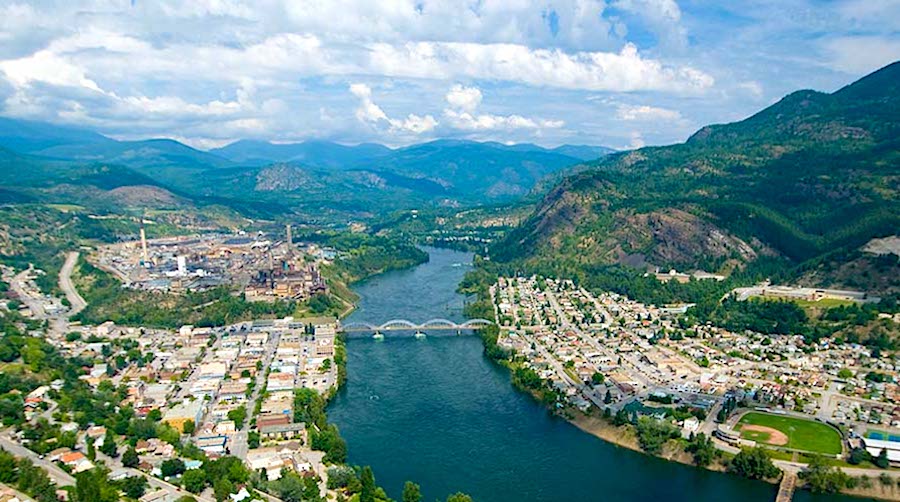Major players Korea Zinc, Teck agree 67% jump in processing charge

Korea Zinc Inc and Teck Resources Ltd have agreed annual concentrate treatment charges of about $245 a tonne, 67 percent higher than last year, as mine supply ramps up, two industry sources said.
The two companies are major players in the metals sector, and their agreement on yearly processing charges often establishes a benchmark widely used throughout the industry.
World mine production of zinc – mainly used for galvanising steel – is expected to rise 6.4 percent this year to 13.87 million tonnes
The deal was largely in line with current spot treatment charges in China, which have soared to $240 a tonne from a low of $12.50 at the start of 2018.
The prices charged by smelters for turning concentrates – partially processed ore – into refined metal rise as mine supply increases as there is more competition among miners to find smelters to process their material.
World mine production of zinc – mainly used for galvanising steel – is expected to rise 6.4 percent this year to 13.87 million tonnes, according to industry group the International Lead and Zinc Study Group.
“We knew it was going to go up. My view was anything over $225 is a win for the smelters,” said Colin Hamilton, director of commodities research at BMO Capital. “Net-net it’s clearly positive for smelters.”
A surprising aspect of the deal was that price participation was included in the contract for the first time in two years, he added. That means that processing charges are adjusted depending on the rise or fall in the zinc price during the year.
Benchmark zinc on the London Metal Exchange has climbed 16 percent this year, touching a nine-month peak of $2,958 a tonne on Monday due to low inventories and tight supplies of refined metal.
Last year the zinc industry agreed to a 15 percent drop in annual zinc processing fees to $147 a tonne due to low availability of concentrates.
In addition to greater supply of zinc from mines, processing charges have been rising because refining capacity has been depressed, with many operations in China affected by an environmental clampdown.
“There is a wide availability of concentrates but it’s not feeding though to the refined market, so there is a bottleneck where there is not a lot of refined zinc,” a trader said.
Last month, Glencore struck a deal with its Canadian subsidiary Noranda Income Fund on zinc treatment charges for the coming year, but did not disclose the fees.
(By Pratima Desai, Zandi Shabalala, Jane Chung, Tom Daly and Eric Onstad; Editing by Jan Harvey)
More News
{{ commodity.name }}
{{ post.title }}
{{ post.date }}




Comments